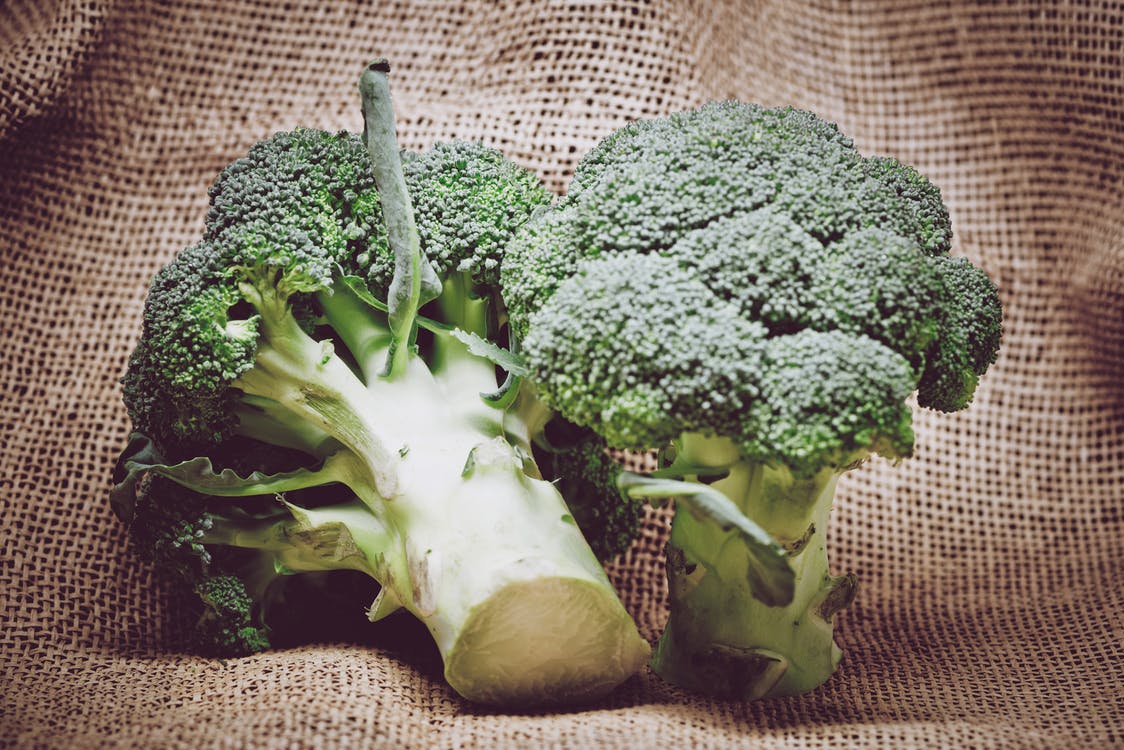Brain inflammation has been linked to long-term neurodegenerative diseases such as dementia, so it’s important to understand the link between diet and brain health.
When it comes to your diet, how much attention do you pay to eat to keep your brain healthy?
Diet and Brain Inflammation
Continually eating the wrong things can lead to general health problems, you’ll probably get sick more often, feel lethargic and you’ll eventually get brain fog. You know that feeling when you just can’t focus, you’re forgetful, and you just don’t have any energy? That’s brain fog, and it can be an early sign of brain inflammation.
Inflammation occurs in your body when the cells of your immune system group together to fight an infection, usually seen in the form of redness and swelling.
Inflammation can be caused by or associated with the following:
- Bacterial or viral infection
- High levels of stress
- Arthritis and other autoimmune diseases such as gout
- Trauma or injury
- An allergic reaction to external factors such as perfumes and cleaning products
- An unhealthy gut
- Eating too many highly processed, high sugar and high salt foods
If the inflammation continues for long enough, it becomes the standard state for your body, and the condition becomes chronic. Chronic, or sustained inflammation has been linked with brain and Central Nervous System conditions such as Alzheimer’s disease, Parkinson’s disease and multiple sclerosis.
Severe inflammation of the brain, or encephalitis, is more than occasional forgetfulness and inability to concentrate and is very serious. Encephalitis is very rare and can result in inflammation so severe it causes swelling of the brain, seizures and a rapid decline in the mental state. It can be caused by certain viral infections, a brain tumour or transmitted by ticks and mosquitoes. Severe flu-like symptoms with rapidly developing confusion or fits should be investigated by an emergency doctor immediately.
Brain Inflammation and Your Gut
Your gut helps to manage levels of inflammation and therefore, keeping your gut healthy with the right foods is essential to keeping your brain healthy and reducing your risk of brain inflammation.
The good news is, you can optimise your diet for good brain health.
Foods to Reduce Inflammation of the Brain
Oily Fish
In particular, salmon. Oily fish such as salmon contain omega-3 fatty acids which are essential for proper brain health. Make sure you buy wild salmon where you can, as farmed salmon can often include high levels of mercury.
Chia Seeds
These tiny little seeds contain more omega-3 than any other plant-based food and can be sprinkled on breakfast cereals, added to smoothies and juices and even used in vegan baking as an egg substitute.
Avocados
Avocados are packed with ‘good fats’, the monounsaturated fats associated with good heart health. These good fats also help regulate blood sugar levels, which if not controlled, can contribute to an unhealthy gut and rising levels of inflammation. Avocados are also rich in vitamin E which keeps the immune system healthy and helps protect brain cells.
Cacao
Cacao is the raw form of chocolate before any of the fats and sugars have been added. It’s full of brain-protecting antioxidants and flavanols, which help reduce inflammation. It’s a little bitter, so the next best thing is very dark chocolate which has a slightly sweeter taste and still has the inflammation reducing properties.
Green Leafy Vegetables and Broccoli
Kale and spinach are genuinely nutritious and support all round health, and they’ve been proven to mainly promote brain health by helping to slow down the age-related mental decline. Kale is very high in vitamin K, essential for fighting inflammation. Broccoli not only has high levels of vitamin K, its full of choline which is necessary for neurotransmitters (chemicals which help send signals to and from your brain) involved in memory processes.
Coffee
Over the years, there have been many studies conducted into the health benefits of caffeine. Numerous studies have found that caffeine, in moderation, i.e. no more than a couple of cups of coffee a day, is linked to a reduced risk of brain inflammation-related conditions such as dementia.
Nuts
In particular, hazelnuts and walnuts due to their high levels of brain-protecting, inflammation reducing vitamin E and antioxidants.
Ginkgo Biloba and Ginseng
Not strictly foods, instead they are nutritional supplements, both associated with memory and brain health. Ginkgo supports proper circulation to the brain, thus aiding memory. Ginseng also contains phytonutrients (nutrients from plants) which stimulate brain activity.
Healthy Practices for Brain Health
Remember to drink plenty of water to keep your brain hydrated and incorporate daily exercise to improve blood flow to the brain. Both are essential to help reduce long-term brain inflammation.
References:
http://bodyecology.com/articles/4-steps-to-reduce-brain-fog-and-brain-inflammation






